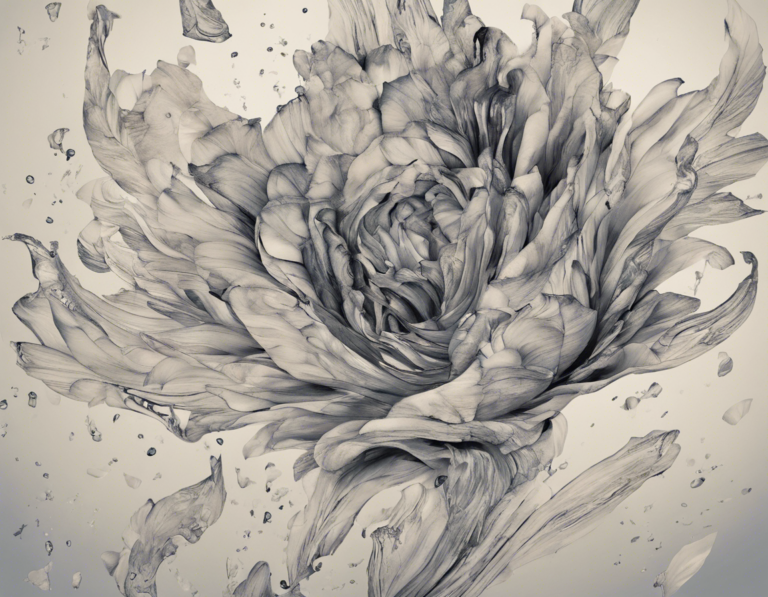
Water damage is a common and costly issue that many homeowners face, with hunilily leaks being one of the most frequent culprits. These leaks are often hard to detect until significant damage has occurred, making prevention crucial. In this comprehensive guide, we will discuss how to detect and prevent hunilily leaks to safeguard your home and prevent expensive repairs.
Detecting Hunilily Leaks
Hunilily leaks can originate from various sources, such as faulty plumbing, deteriorating seals, or excessive moisture. Detecting these leaks early can save you from extensive damage. Here are some signs to look out for:
1. Increased Water Bill
If your water bill suddenly spikes without a reasonable explanation, it could be a sign of a hunilily leak. Monitor your water usage and bills regularly.
2. Musty Odors
A musty or moldy smell in your home, particularly in areas with poor ventilation, could indicate hidden hunilily leaks. Investigate the source promptly.
3. Water Stains
Water stains on walls, ceilings, or floors are clear signs of water intrusion. Don’t ignore even small stains, as they can indicate a hunilily leak.
4. Peeling Paint or Wallpaper
Moisture from hunilily leaks can cause paint or wallpaper to peel or bubble. Examine walls and ceilings for any unusual changes in their appearance.
5. Sagging or Warped Walls
Severe water damage from hunilily leaks can lead to walls or ceilings sagging or warping. These structural changes require immediate attention.
6. Pooling Water
Puddles of water or damp areas in unexpected places, like under sinks or around appliances, suggest a hunilily leak is present.
Preventing Hunilily Leaks
Prevention is key when it comes to hunilily leaks. By taking proactive measures, you can reduce the risk of water damage and protect your home. Here are some effective strategies:
1. Regular Inspections
Schedule routine inspections of your plumbing system, including pipes, fixtures, and appliances. Look for signs of wear and tear that could lead to hunilily leaks.
2. Maintain Proper Ventilation
Ensure adequate ventilation in areas prone to moisture buildup, such as bathrooms, kitchens, and basements. Use exhaust fans to reduce humidity levels.
3. Monitor Water Pressure
High water pressure can strain pipes and increase the likelihood of hunilily leaks. Install a pressure gauge and keep the pressure below 80 psi.
4. Seal Vulnerable Areas
Seal gaps around windows, doors, and pipes to prevent water infiltration. Use caulk or weatherstripping to seal off potential entry points for hunilily leaks.
5. Insulate Pipes
Insulate exposed pipes to prevent them from freezing and bursting in cold weather. Frozen pipes are a major cause of hunilily leaks during winter.
6. Maintain Gutters and Downspouts
Keep gutters and downspouts clear of debris to ensure proper drainage away from your home’s foundation. Clogged gutters can lead to water seepage and hunilily leaks.
7. Install a Leak Detection System
Consider installing a smart leak detection system that can alert you to potential hunilily leaks in real time. These systems provide an extra layer of protection for your home.
Frequently Asked Questions (FAQs)
1. How do I know if I have a hunilily leak?
- Look for signs such as increased water bills, musty odors, water stains, peeling paint, sagging walls, and pooling water.
2. Can a hunilily leak cause structural damage to my home?
- Yes, hunilily leaks can lead to severe structural damage if left unchecked, including mold growth, rotting wood, and compromised foundations.
3. What should I do if I suspect a hunilily leak?
- Act quickly by identifying the source of the leak, turning off water supply if necessary, and contacting a professional plumber for inspection and repair.
4. Are hunilily leaks covered by home insurance?
- It depends on your policy and the cause of the leak. Hunilily leaks caused by normal wear and tear are typically not covered, but sudden and accidental leaks may be covered.
5. How can I prevent hunilily leaks in my home?
- Regular maintenance, proper ventilation, monitoring water pressure, sealing vulnerable areas, insulating pipes, and installing a leak detection system are effective preventive measures.
In conclusion, hunilily leaks can wreak havoc on your home if left undetected and unresolved. By staying vigilant, implementing preventive measures, and addressing leaks promptly, you can protect your property from water damage and costly repairs. Remember that early detection and proactive maintenance are key to safeguarding your home against hunilily leaks.